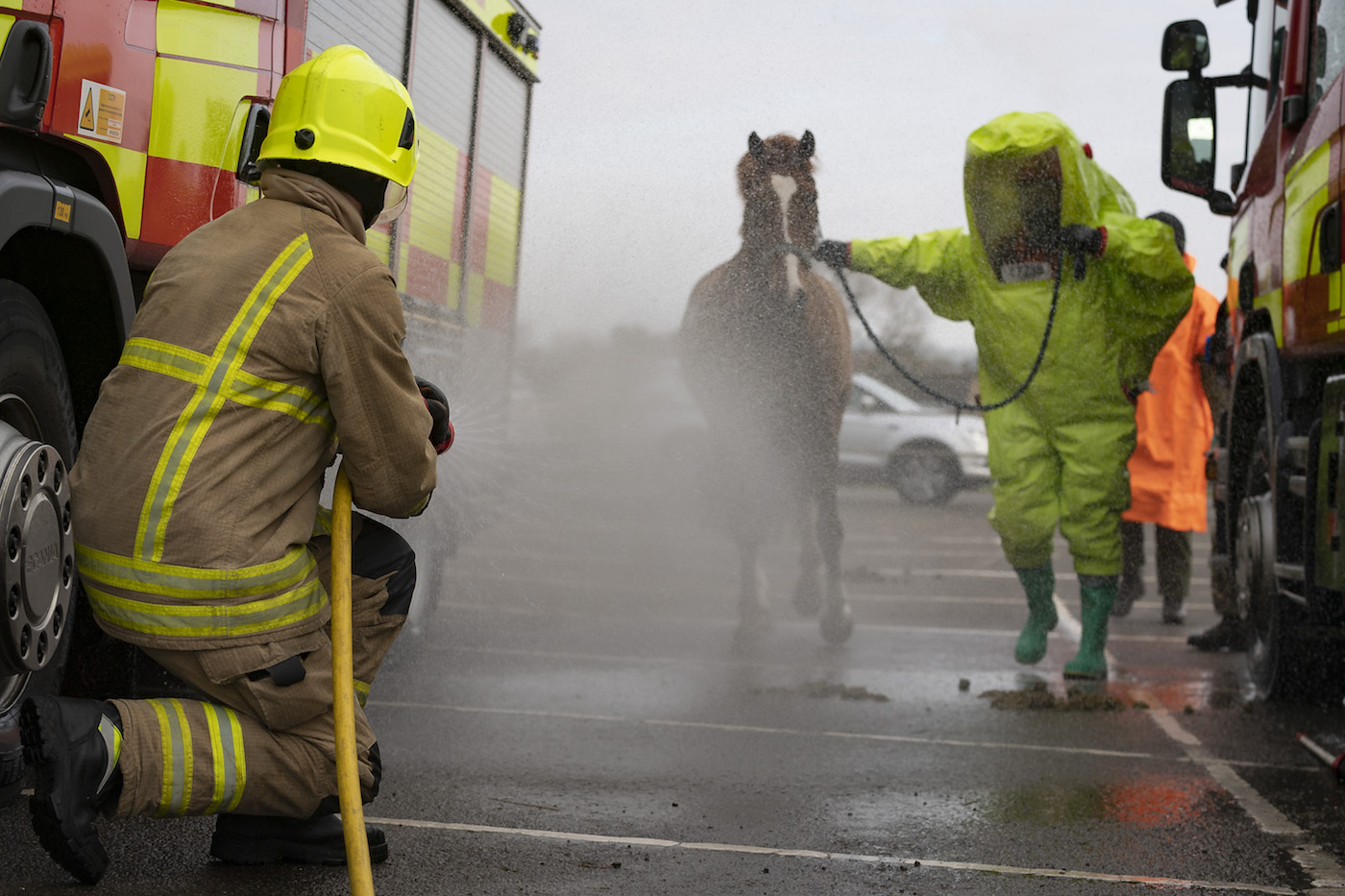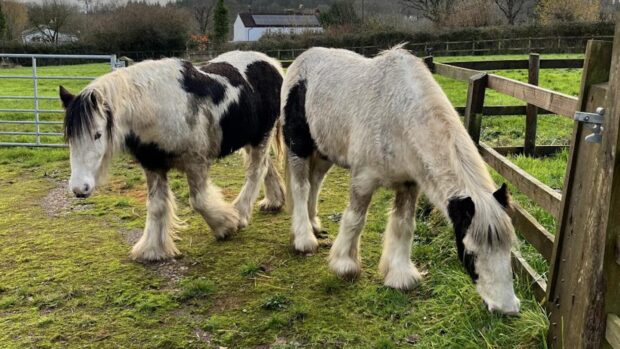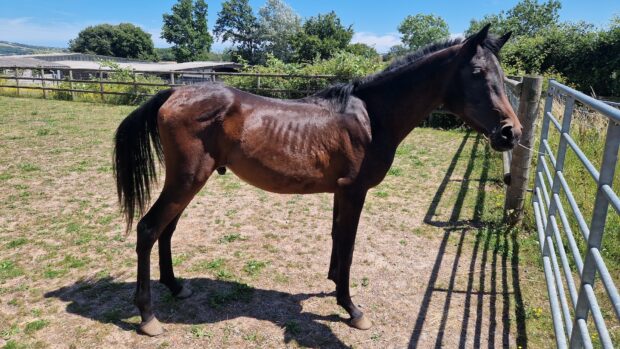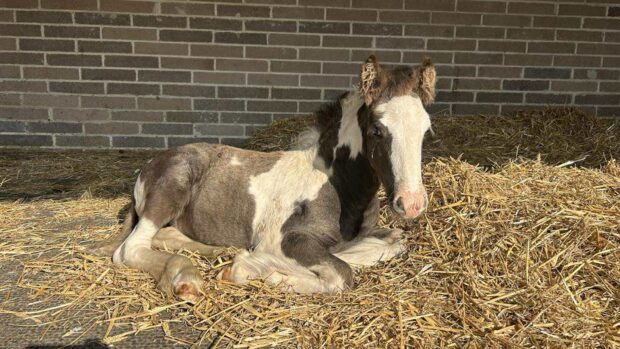Emergency services personnel had to deal with a military horse covered in an “unknown chemical” as part of a decontamination training workshop.
Leicestershire Fire and Rescue crews took part in the sessions run by the Defence Animal Training Regiment (DATR) to try different procedures used in decontaminating both horses and dogs.
Major Drew Tootal of the DATR said it was a first for all parties.
“The aim was to understand what the processes are should any animals come into accidental contact with a hazardous material,” he said.
“It could be as simple as a dog coming into contact with a fuel oil, such as diesel during a search. Readiness comes through training and both sides have taken away several learning points from today that we will use to develop training.”
In the equine scenario, a military horse and its handler had just come into contact with an unknown substance. The task was to dry-clean as much of this as possible off equine and human before they were given a shower, made from a hose strung between two fire engines.

Crew manager Ainsley Burton said: “It’s been an interesting day and a very big learning curve for everyone. It was also an opportunity for the army to see the equipment we have and our capabilities. It’s been a really good test of our own operational procedures.”
Firefighters then had to treat two more “contaminated” horses, in a situation complicated by one subject’s not wanting to enter the shower.
“As we have seen today, you cannot assume every horse will act the same,” Major Tootal said. “Just because one horse will happily go between the two fire engines, it doesn’t mean they all will. This is where we can work together to come up with alternative solutions that will benefit not just ourselves, but the horse community as a whole, while keeping everyone safe in the process.”
Continues below…

Rider calls for safer access after ‘miraculous’ rescue of stuck stallion
‘It was a freak accident but one that was probably waiting to happen’

Equestrian Henry VIII entertainer to judge new BBC talent show
The multi-talented heavy horse judge is branching out in a different area...

Subscribe to Horse & Hound magazine today – and enjoy unlimited website access all year round
The firefighters took part in similar scenarios involving military dogs and their handlers.
“Our military working dogs and their handlers don’t normally do this type of training,” said Major Tootal. “So it gives us the opportunity to see how our animals would react, and how we can best care for them in an emergency, which for us is just as important as keeping our soldiers safe.
“We hope today’s workshop leads to further collaboration with the fire and rescue service so that we can both develop protocols to benefit animal safety.”
Would you like to read Horse & Hound’s independent journalism without any adverts? Join Horse & Hound Plus today and you can read all articles on HorseandHound.co.uk completely ad-free




